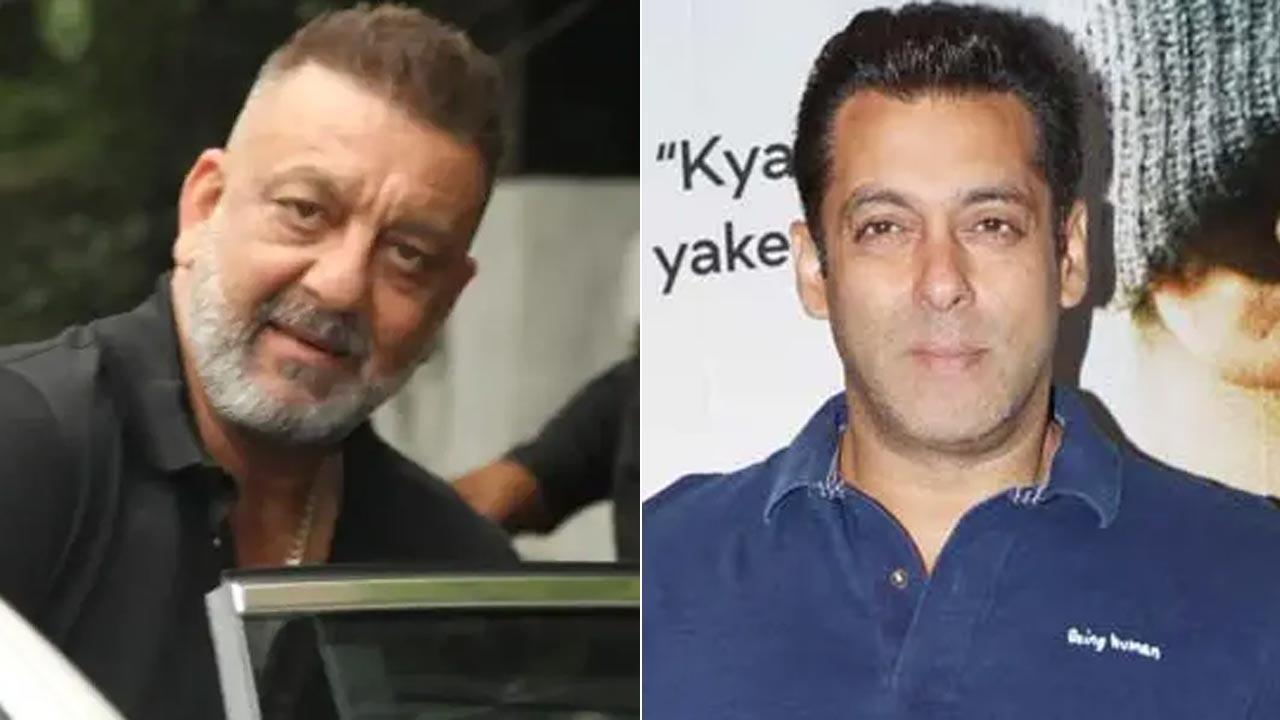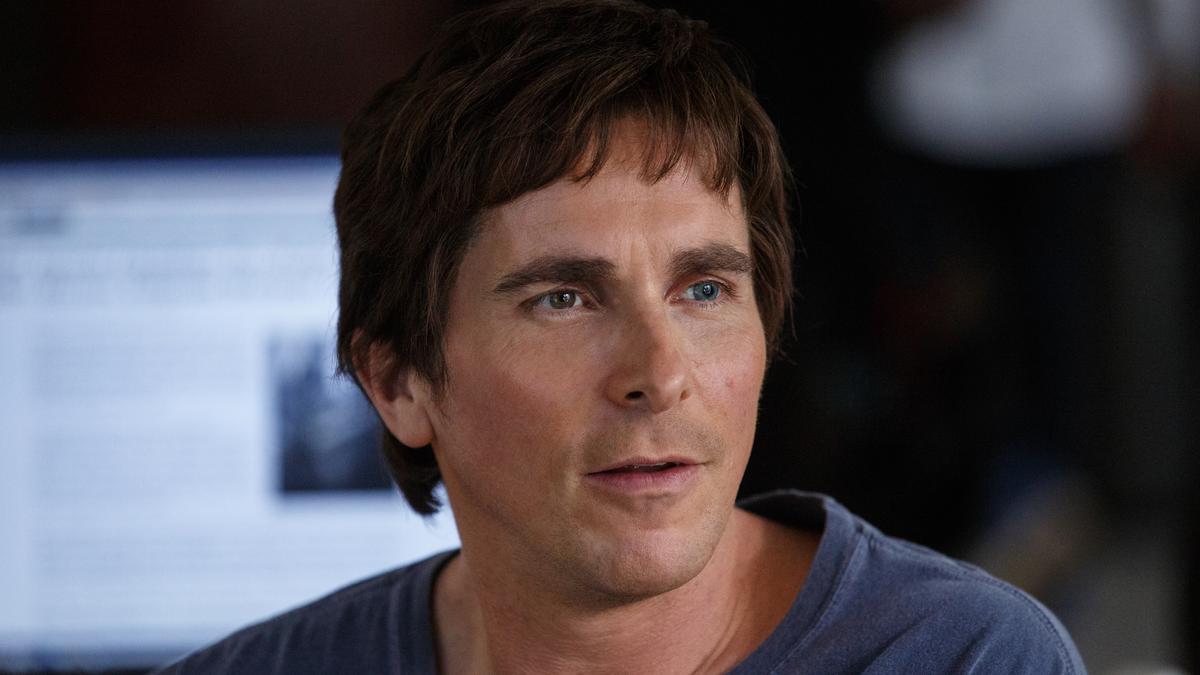
In an industry often split between highbrow art and blockbuster entertainment, one of Hollywood’s leading performers, Robert Downey Jr., recently shared introspective thoughts on his artistic journey within the Marvel Cinematic Universe (MCU). While gearing up for potential Oscar recognition for his role in the upcoming historical drama “Oppenheimer,” Downey Jr. sat down with Rob Lowe on the Literally! podcast to reflect on his past work as the iconic Tony Stark/Iron Man.
Superhero Genre Bias: A Barrier to Recognition?
Downey Jr., now an epitome of superhero cinema, expressed a sense of vulnerability as he stepped out of the Marvel cocoon, where he feels some of his finest acting took place. “I felt so exposed after being in the cocoon of Marvel where I think I did some of the best work I will ever do, but it went a little bit unnoticed because of the genre,” he candidly remarked.
The intersection of his thoughts raises an interesting conversation about the lack of awards attention typically afforded to superhero films, despite their cultural impact and technical achievements. Downey Jr.’s comments highlight a persistent narrative in Hollywood which often sees the superhero genre as primarily commercial rather than artistic.
Redefining a Genre: Downey Jr.’s Impact as Iron Man
Embodying Tony Stark/Iron Man for over a decade, Downey Jr. played a pivotal role in shaping not only the MCU but also the future of on-screen superheroes. As the leading man in 10 Marvel films, he brought depth, charisma, and complexity to a character that transcended the traditional confines of comic book adaptations. His portrayal brought Iron Man from a lesser-known comic book hero to a household name, setting a benchmark for character development within superhero narratives.
The culmination of his arc in 2019’s “The Avengers: Endgame” brought emotional responses from audiences worldwide, as they witnessed the sacrificial demise of the beloved billionaire superhero. The cinematic magnificence and emotional resonance of this final act were testament to the layers of performance delivered by Downey Jr. throughout his tenure in the suit.
Critical Acclaim vs. Popular Success
While box-office success and popular appeal rarely go unrecognized, the awards circuit has been reticent to laud performances in the superhero genre. Downey Jr.’s portrayal of Stark/Iron Man has been both critically acclaimed and commercially successful, but it has not translated into the traditional indicators of industry accolades, such as Oscar or Golden Globe wins for acting. This schism between what is regarded as awards-worthy and what captivates the viewing public is a recurrent theme in contemporary cinema.
The juxtaposition of popularity and prestige becomes particularly pronounced as Downey Jr. transitions to roles such as his performance in “Oppenheimer,” which is positioned within the awards-friendly milieu of historical drama. Hopes are high that his portrayal in the biopic may earn him the coveted Best Supporting Actor Oscar, recognizing a facet of his acting skills far removed from his superhero roots.
Looking Ahead: The Legacy of Iron Man
As the dust settles post-Endgame, Robert Downey Jr.’s contribution to film and to popular culture remains indelible. His musings on the podcast suggest a reflective acknowledgment of the unique place he holds in cinematic history, embodying a character that both defined a genre and pushed its boundaries.
While “Oppenheimer” may garner the traditional recognition that eluded his superhero forays, Downey Jr.’s impact as Tony Stark/Iron Man will endure, having already won the hearts of countless fans. It’s an enduring testament to his talent that even if the awards conversations did not spotlight his work within Marvel, his Iron Man will forever be celebrated as a benchmark for dynamic and memorable storytelling in modern cinema.










